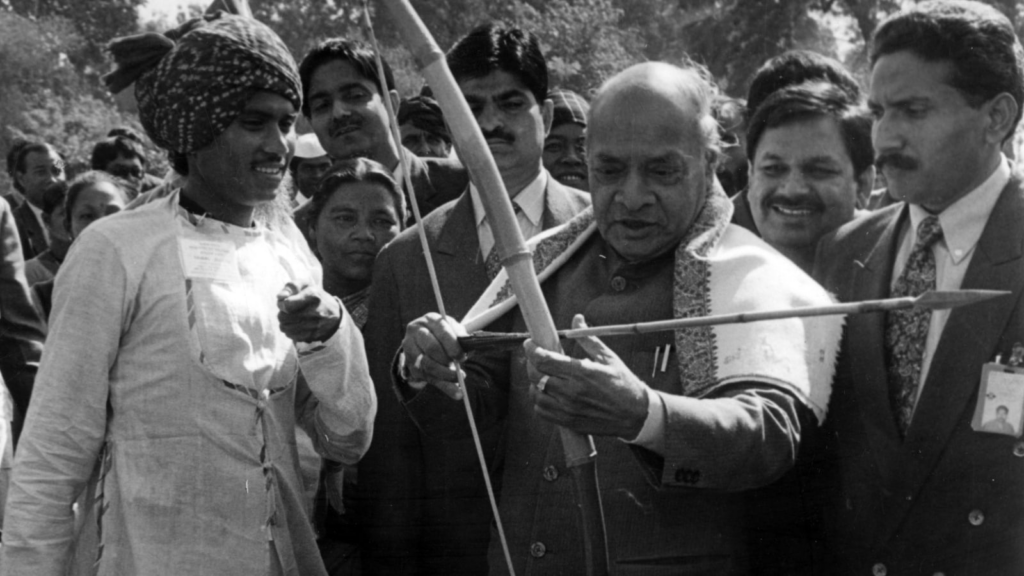AS THE Narendra Modi government marks September 17, when the Hyderabad State became a part of India in 1948, as ‘Liberation Day’, it is another Prime Minister whose legacy is closely tied to it.
For that leader, the fight for India’s freedom did not end on August 15, 1947. It only finished a year later, on September 17, 1948.
That freedom fighter was P V Narasimha Rao, who abandoned his legal practice to become a part of the resistance against the Razakars – the private armies promoted by Hyderabad Nizam Mir Osman Ali Khan, whose atrocities against the people were on the rise.
On March 28, 1976, Rao spoke about this episode of his life in an interview given to the Nehru Memorial Museum and Library, now the Prime Ministers’ Museum and Library.
His involvement started with his association with known Congress leader Burgula Ramakrishna Rao, Rao recalled. “… somehow, while I was going on with my (law) practice, it was becoming more and more obvious with every passing day that we, in the old Hyderabad State, would not be able to keep out of active politics,” Rao said.
As the atrocities of the Razakars increased, and “even in legal practice, there was communal discrimination”, the Congress leader said: “… it was not possible for any patriotic citizen to keep out… and sit back looking on just as an observer… I jumped into the fray when it was no longer possible to keep out.”
Rao joined an underground movement started by the state Congress, called the ‘Border Movement’. “I was attached to the Chanda tehsil… and it became difficult for us to carry on. We were personae non gratae. In the villages also, the Razakar depredations became more and more intolerable.”
After he was identified as a part of the movement, the Congress leader said, “it was no longer possible for my family to remain in the village, so we just shifted to Chanda”. “… we all went, leaving everything, all our lands and properties to the servants… I had taken up the course of the border camp activities, which meant attacking police stations and securing arms, ammunition and things like that.”
He was deputed to get weapons, Rao said. “These dealings were carried out at Jabalpur, Katni and all those places… I stayed in Jabalpur incognito for more than seven or eight months.” Recalling the danger he played with, he said the people he dealt with “might be very friendly with you tonight and cut your throat tomorrow night”. “But somehow, because I had some friends, who also had equally tough characters with them, I was saved.”
Rao next moved to Chennai, then called Madras, from where Hyderabad State Congress’s central office operated, and was given the task of handling news coming from ‘border camps’. “From the newspapers of those days, we could easily see how the atrocities were mounting, how public pressure was mounting because the Government of India, according to us, was taking a longer time than necessary to intervene in Hyderabad.”
He added, “Ultimately, when the ‘police action’ started on 13 September, I was in Madras and I went back to Chanda… and, along with other workers of the Chanda camp, came to Karimnagar. I was immediately placed in charge of my taluka town. Then it became quite clear that I could not go back to my legal practice.”
He would remain in politics, going on to become the Chief Minister of Andhra Pradesh, then moving to the Centre and holding consequential posts in the government and the Congress, before becoming the PM and steering India through economic liberalisation.

